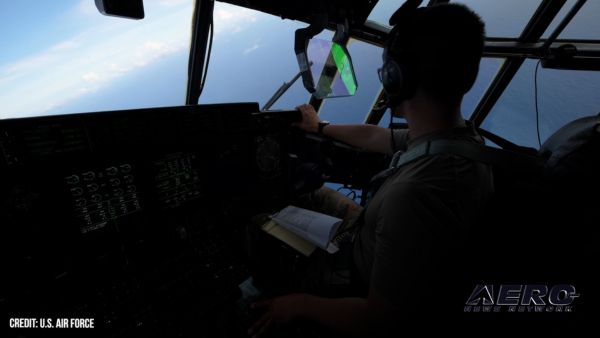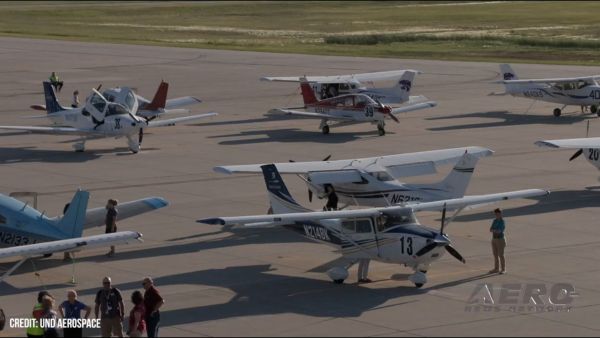Would Ban Use Of Personal Electronic Devices By Pilots In Flight
While the FAA has long had a "Sterile Cockpit Rule" that prohibits pilots from using personal electronic devices during "critical phases" of flight, pilots may soon be banned from using their personal tablets, smartphones, and laptops for anything other than flying the plane or safety reasons under a new proposed rule.

The more stringent rule, published January 15 in the Federal Register, "would prohibit flightcrew members in operations under part 121 from using a personal wireless communications device or laptop computer for personal use while at their duty station on the flight deck while the aircraft is being operated. This rule, which conforms FAA regulations with recent legislation, is intended to ensure that certain non-essential activities do not contribute to the challenge of task management on the flight deck or a loss of situational awareness due to attention to non-essential tasks."
In 1981, the FAA published the Elimination of Duties and Activities of Flightcrew Members Not Required for the Safe Operation of Aircraft Final Rule. [1] This rule, better known as the “Sterile Cockpit” rule, required air carriers operating under parts 121 and 135, as well as flightcrew members in those operations, to ensure that the environment on the flight deck was free from potentially dangerous distractions. The final rule states that air carriers shall not require their flightcrew members to perform non-safety related duties during critical phases of flight and that flightcrew members shall not conduct non-safety related activities which could cause distractions on the flight deck during critical phases of flight. In addition, the rule further states that the pilot-in-command shall not permit any activity during a critical phase of flight which would distract flightcrew members from the performance of their duties which, in effect, extends the sterile cockpit provisions to other
crewmembers, such as flight attendants.
The 1981 rule defines the critical phases of flight as all ground operations involving taxi, take-off and landing, and all other flight operations conducted below 10,000 feet, except cruise flight.
The personal use of personal wireless communications devices and laptop computers for non-safety related activities is prohibited by the broad restrictions in the current “Sterile Cockpit” rule during ground operations involving taxi, take-off and landing, and all other flight operations conducted below 10,000 feet. The proposed requirements in this NPRM would extend the prohibition on personal use of personal wireless communications devices and laptop computers to all phases of flight.
The FAA cites as examples of distractions during flight an incident in which two pilots were using their personal laptop computers during cruise flight and lost situational awareness, leading to a 150 mile fly-by of their destination. In another instance, a pilot sent a text message on her personal cell phone during the taxi phase of the flight, after the aircraft pushed back from the gate and before the take-off sequence. These incidents illustrate the potential for such devices to create a hazardous distraction during critical phases of flight.
The proposed requirements would prohibit the personal use of a personal wireless communications device or laptop computer while a flightcrew member is at his or her duty station during all ground operations involving taxi, takeoff and landing, and all other flight operations. The proposed rule does not prohibit the use of personal wireless communications devices or laptop computers if the purpose is directly related to operation of the aircraft, or for emergency, safety-related, or employment-related communications and the use is in accordance with air carrier procedures approved by the Administrator. The rule is open for comments until March 17th.
 ANN FAQ: Submit a News Story!
ANN FAQ: Submit a News Story! Aero-News: Quote of the Day (06.12.24)
Aero-News: Quote of the Day (06.12.24) ANN's Daily Aero-Linx (06.12.24)
ANN's Daily Aero-Linx (06.12.24) ANN's Daily Aero-Term (06.12.24): Adcock Range
ANN's Daily Aero-Term (06.12.24): Adcock Range Airborne Affordable Flyers 06.06.24: 200th ALTO, Rotax SB, Risen 916iSV
Airborne Affordable Flyers 06.06.24: 200th ALTO, Rotax SB, Risen 916iSV



